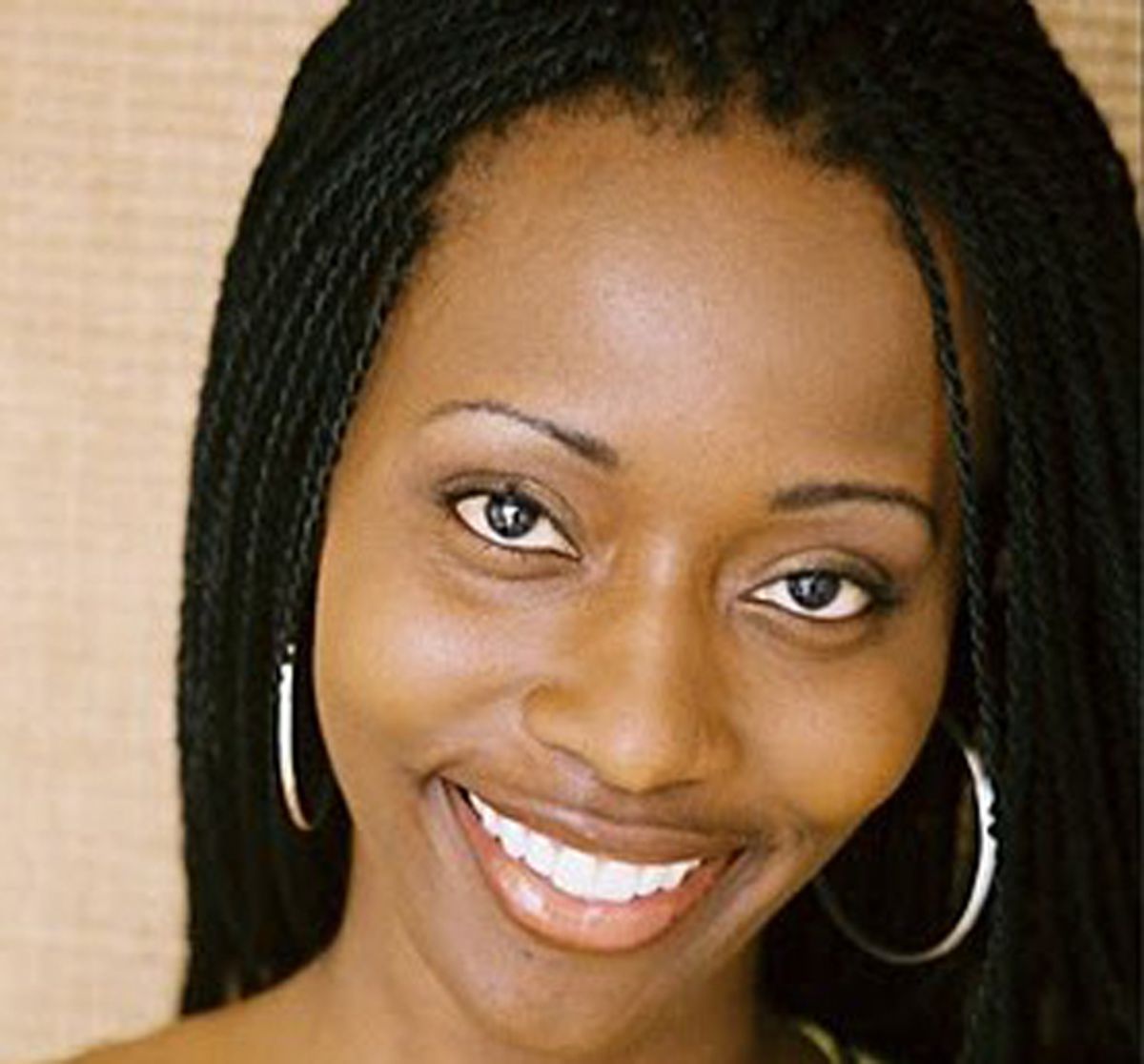Hey, anonymous online bullies, you may not be as anonymous as you think. On Friday, a New York judge ordered Google to reveal the identity of the troll who called Carla Franklin a whore on YouTube. This development is, depending on how you view these things, likely either the end of privacy or a blow for accountability. Actually, it's both.
Back in August, Franklin discovered that videos she appeared in while studying at Columbia Business School had made it to the university's YouTube channel, where a commenter who went by "JoeBloom08," JimmyJean008" and "greyspector09" repeatedly called her a whore and posted unauthorized clips from a movie she appeared in during her modeling days.
Franklin is far from the first person ever to get flamed on the Internet, but she's among a small handful to fight back via the legal system. In 2009, model Liskula Cohen sued Google to reveal the identity of the person behind a "Skanks in NYC" blog that called her, among other things, an "old hag" and "a psychotic, lying whore" -- and won. And Broadway actor Marty Thomas filed papers last week to demand Twitter reveal the person behind the @bwayanonymous gossip blog for saying he had picked up an STD from another performer.
Perhaps the most depressing aspect of all these stories is their familiarity. When I spoke last week at a New York Press Club panel, I mentioned how useful social media is for building a real community of conversation and collaboration. I also mentioned the death threats, rape threats, and regular torrent of insults and abuse I've become accustomed to as part and parcel of living a life online. And since I revealed my cancer diagnosis two months ago, I've received a deluge of love and support. I've also had a few incredibly explicit messages from people celebrating what they hope will be my imminent demise -- at least one of which has involved necrophilia. Most of us who blog or have YouTube channels are used to this sort thing. And there's something incredibly sad about how casually many of us take it for granted that the price of the Net nation is a fair share of ugly verbal abuse. So maybe it's time for the people who aren't bullies to stand up and say that's unacceptable.
While Cohen's and now Franklin's victories may serve as a warning to other anonymous critics, it can be hard for a hater to change spots. When the Skanks in NYC creator was revealed to be FIT student Rosemary Port, Port told The Daily News, "By going to the press, she defamed herself. I feel my right to privacy has been violated." She then announced her own plans to sue Google for breaching her privacy. Does Port have a point? After all, if you can't anonymously call someone, by name, "a psychotic, lying whore" on the Internet, what is the Internet good for anyway? But even for those who don't spend their days secretly trashing people online, the question of privacy – and exactly how easily Google or Facebook or Twitter might reveal our personal information -- can be downright chilling.
The openness of online discussion, the freedom to ask questions, to express concerns, to air opinions that can't be expressed anywhere else -- these things are worth protecting. Conversely, bullies don't always need to hide behind a cloak of secrecy. Before killing himself, Rutgers student Tyler Clementi almost assuredly posted anonymously for help on a gay support board. His roommate Dharun Ravi, meanwhile, felt no such need for disguise, freely using his real name Twitter account to mock Clementi.
Franklin has said she didn't press her suit to make money – she did it to make a point. She says that she has been "been dealing with ongoing obsessive and harassing behavior since 2006." Her lawyer has said they suspect they already know who is behind the posts, but need the evidence to move forward in stopping the abuse.
The National Conference of State Legislatures notes, "Forty-seven states now have laws that explicitly include electronic forms of communication within stalking or harassment laws." Flaming isn't always just good clean fun. It can escalate into the personal, specific and, subsequently, illegal and unprotected. And then, bullies, you're on your own. As Franklin says, "The internet should not become an anonymous place for harassers to hide. Criminal behavior is not protected by the First Amendment."
If you can't tell the difference, maybe you should think twice before clicking the "send" button. Because the person you're defaming from a comfortable spot behind a computer screen might just take a notion to ask Google to pull back the curtain. And if a court agrees, you're in for a world of flaming yourself, pal.



Shares